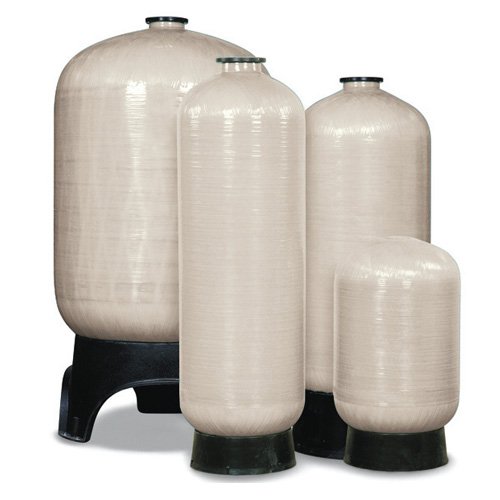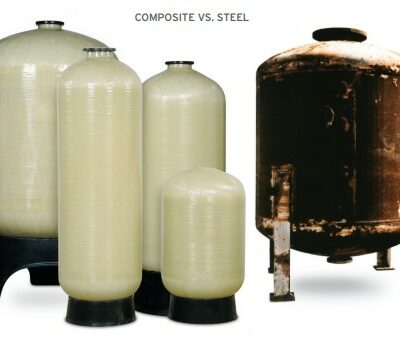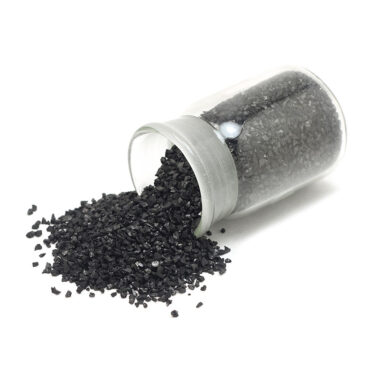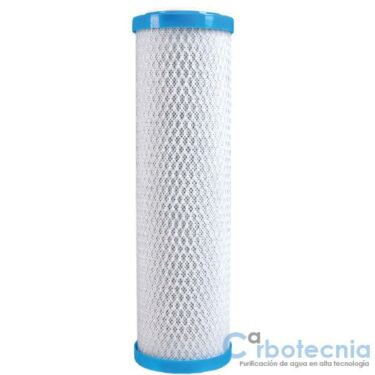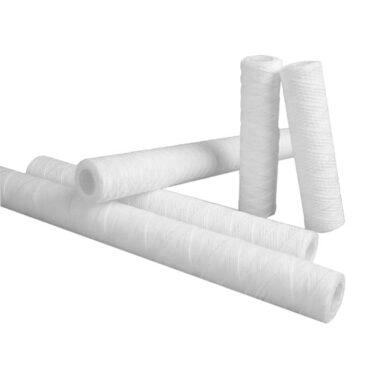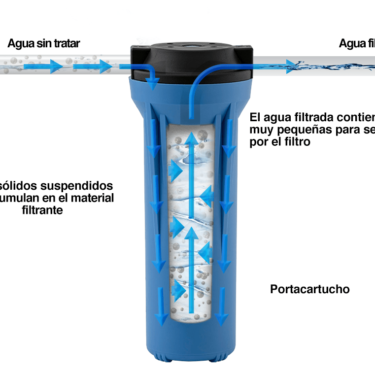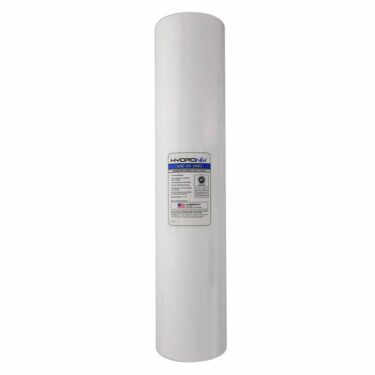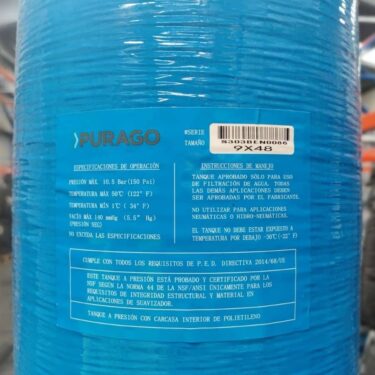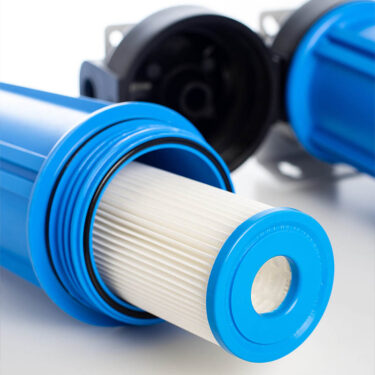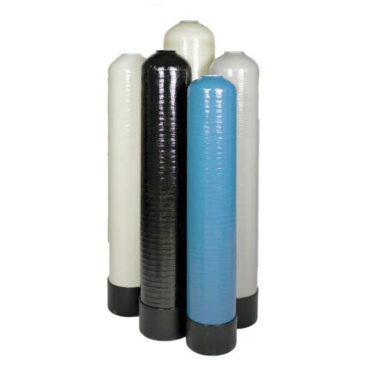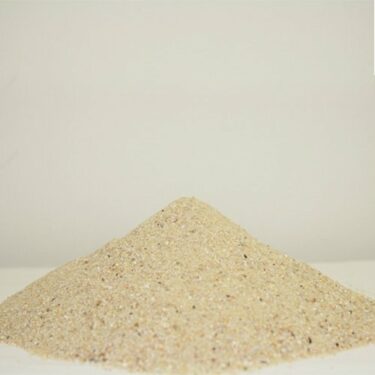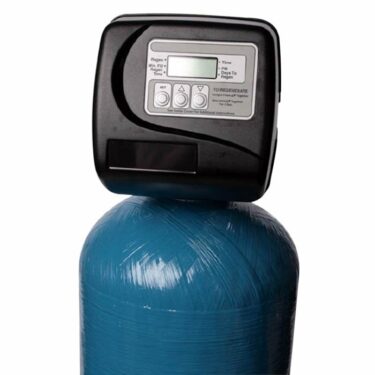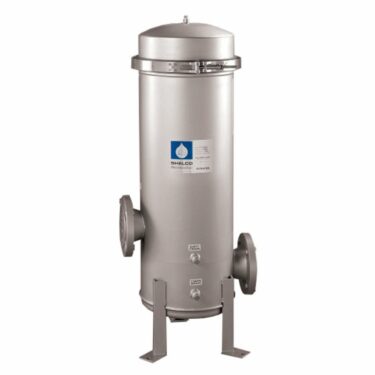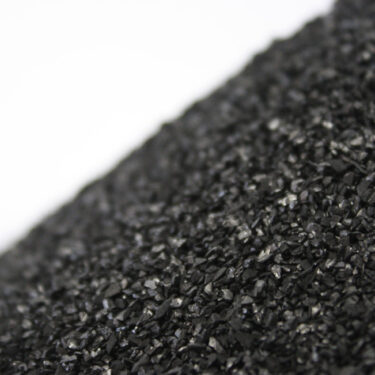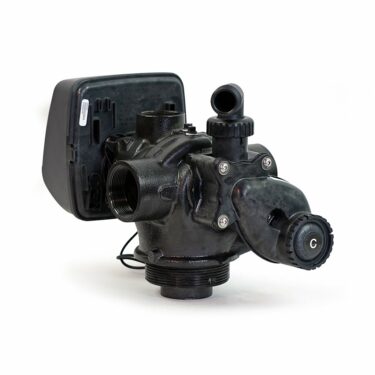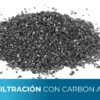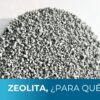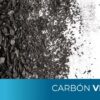Description
Filter tanks Commercial and industrial composite
Code |
Description |
|---|---|
P_046084 |
Tank 18″ x 65″ Composite 4″ T |
P_046085 |
Tank 21″ x 62″ Composite 4″ T |
P_046086 |
Tank 24″ x 65″ Composite 4″ T |
P_046087 |
Tank 24″ x 72″ Composite 4″ T |
P_046088 |
Tank 24″ x 72″ Composite TF 6″, BF, Tripod Base |
P_046089 |
24″ x 72″ Composite TB 4″ Tank |
P_046090 |
30″ x 72″ Composite TB 4″ Tank, Tripod Base |
P_046091 |
Tank 30″ x 72″ Composite 4″ T |
P_046092 |
30″ x 72″ Composite TF 6″ Tank |
P_046093 |
30″ x 72″ Composite TB 6″ Tank, Tripod Base |
P_046094 |
36″ x 72″ Composite TB 4″ Tank, Tripod Base |
P_046095 |
Tank 36″ x 72″ Composite 4″ T |
P_046096 |
36″ x 72″ Composite TF 6″ Tank |
P_046097 |
36″ x 72″ Composite TB 6″ Tank, Tripod Base |
P_046098 |
42″ x 72″ Composite TB 6″ Tank, Tripod Base |
P_046099 |
48″ x 72″ Composite TB 6″ Tank, Tripod Base |
P_046100 |
63″ x 67″ Composite TB 6″ Tank, Tripod Base |
P_046101 |
63″ x 86″ Composite TB 6″ Tank, Tripod Base |
Composite pressure vessels are used for large commercial and industrial applications.
Applications of Pentair Composite tanks:
- Water softeners
- Deep bed sediment filters (dual and multimedia)
- Demineralizers
- Industrial water filtration
- Water treatment plants
- Storage
Pressure vessels Pentair Water has been the industry benchmark for quality and performance for over 30 years.
Poly-crystal tanks are manufactured in one-piece, high-density polyethylene lining, highly resistant and leak-free, due to the engineering of the encapsulated polymer.
Composite pressure vessels feature a reinforced fiberglass construction offering excellent performance and durability.
Available in capacities up to 1600 gallons with a variety of different configurations. Pentair Water pressure filter tanks are designed to give you years of worry-free performance.
BENEFITS of Composite vs. Carbon Steel tanks
Steel tanks:
- Very heavy and unwieldy and therefore involves a higher installation cost.
- They corrode and rust over a short period of time.
- The interior has to be treated periodically.
- Paint and siding need to be renewed on a regular basis.
Composite structural tanks
- 60% lighter than steel and easier to handle, therefore, installation costs are lower.
- Corrosion resistant, both inside and outside.
- Low maintenance.
- Natural fiberglass exterior never fades or changes color; plus it has UV protection.
Design parameters – NSF
Safety factor: 4: 1 (minimum burst at 600 psi)
Cycle test: 100,000 cycles without leakage
Design parameters – ASME
Safety factor: Upper / lower flange 5: 1 (Minimum explosion at 750 psi)
Lateral flange 6: 1 (minimum explosion at 900 psi)
More information on the difference between Steel VS Pentair Composite tanks: https://www.carbotecnia.info/PDF/tanques/T.P.%20Composite%20vs%20Steel.pdf
Cycle test:
33,000 cycles without leakage (upper / lower flange)
100,000 cycles without leakage (side flange)

